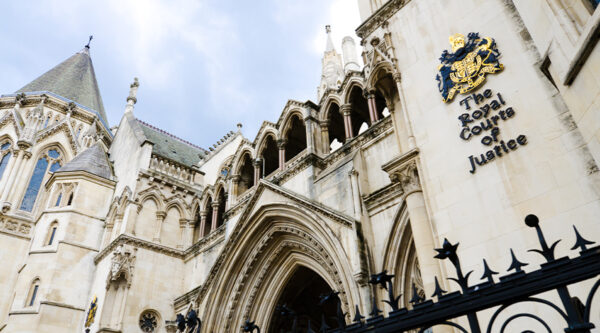

Surveys are an incredibly important part of the house buying process. They allow you to understand any defects and possible financial implications of the property that you are wishing to buy. Unless the property is fairly new and comes with a ten-year (or remainder of) warranty, any defects which are found after exchange/completion are the responsibility of the buyer.
Is a survey the same as a valuation?
No, this is a common misconception. A survey is a report which will detail the property and identify any defects in the property. A valuation will often be done by your mortgage company and provides a valuation, for mortgage purposes only, which should be the same as the purchase price.
What survey should I get?
If you are wishing to purchase an older property or one which has been altered, it is definitely worth looking into a full structural survey as older properties can often have structural issues which can be costly to maintain or rectify.
If you want to purchase a listed building, it is worth looking into a listed building survey. Listed buildings are notoriously difficult to maintain owing to the many regulations surrounding them. Often, any works to be carried out on the property can only be done by specialists using particular materials to avoid breaching any conditions. It is worth understanding whether any unauthorised works have been done to the property before proceeding as these can lead to heavy fines or imprisonment in some cases.
If you wish to purchase a property which is between 10-20 years old, a Homebuyer survey could be a good option for you. This is often done with a traffic light report with items marked in red representing potentially dangerous items or urgent repairs to be done which can be investigated prior to exchange.
When should I get a survey done?
It is often a good idea to ensure that you have secured a mortgage before appointing a surveyor in order to minimise any risk of losing the survey fee. It is also worth ensuring that your solicitor has received the contract pack, allowing you the peace of mind of knowing the seller’s commitment to the sale.
Who pays for the survey?
The buyer pays for the survey.
Important things to remember:
Always chose a building surveyor who is qualified and experienced. If you inherit a survey from a previous buyer who has withdrawn, ensure that the report is transferred to yourself (you may have to pay for this) so that you can still take action in the future if things go wrong.










